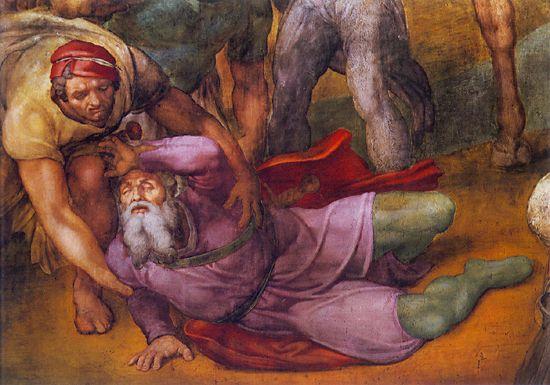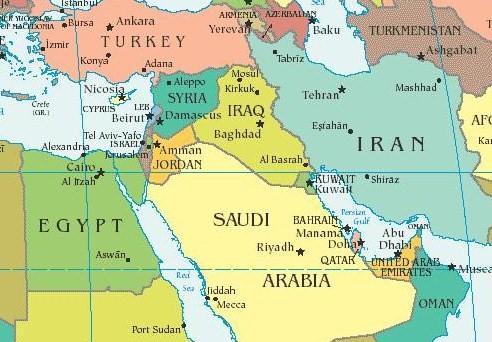Hello, I need help with this assignment. The Homework has two parts Part A: is asking to write 400 words a summery of what we have learned in the class. Part B: is to choose 5 topics from the followin
RELIGIOUS STUDIES 110

I. THE APOSTLE PAUL
1. Initially, he saw the Christian movement as a threat; but his revelatory (peak) experience of Jesus (see Galatians 1:13-24 & Acts 9:1-9) convinced him of Jesus' role as messiah (=Hebrew Mashiach, Greek Christos) and savior/redeemer from sin.
2. He was born outside Judea in Tarsus (modern-day Turkey), was trained as a Pharisee/rabbi, spoke Greek, and was able to translate the message about a Jewish messiah/savior to the Greco-Roman (gentile) world.

3. Key insight: that it is not observance of the religious or ritual commandments or "works of the law" (circumcision, keeping kosher, Jewish holidays, etc.) that produced a healthy (righteous) relationship with God but faith in Jesus as messiah. Yet the ethical components of the law (esp., the Ten Commandments) remain in place. [The Sabbath moves from Saturday to Sunday.]
4. Whereas Jesus preached the “Kingdom of God,” a new era of love & justice in history, Paul preached Jesus. He was able to explain how Jesus could be both human & divine (Philippians 2:5-11) and therefore how his death & resurrection redeemed the world and made up for human sinfulness.
5. Paul’s letter to Rome was written late in his career (ca. 58) to a community of Christians he had never visited to introduce himself and his theology. In Chs. 9-11, he wrestles with the problem of widespread rejection of Jesus by the Jewish people but believes they’ll eventually be saved.
6. Paul believed initially that Jesus’ triumphant return to earth would occur in his lifetime (1Thessalonians 4:13-18). So he wanted to preach the Gospel ASAP to the Mediterranean world and traveled extensively to do so (see map in Fisher, p. 323).



